Roni Cerga

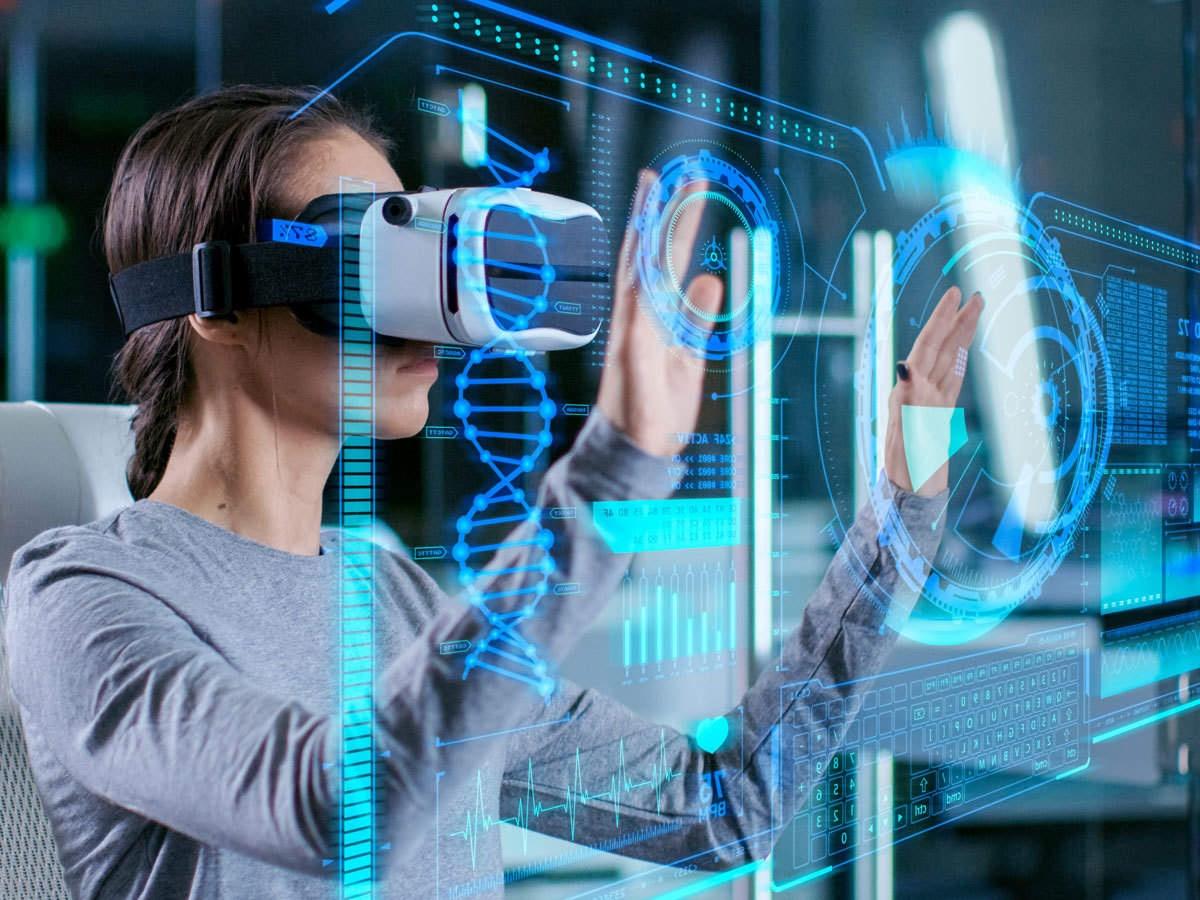
Virtual reality (VR) is empowering employees with hands-on, realistic experiences that transcend traditional safety protocols.
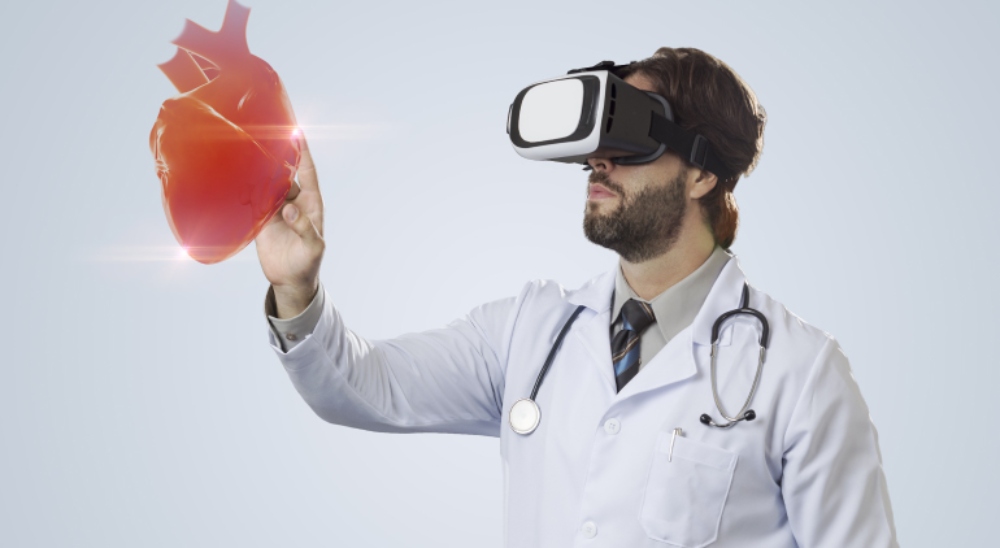
Virtual Reality (VR) technology has emerged as a game-changer in various fields, and cardiology is no exception.
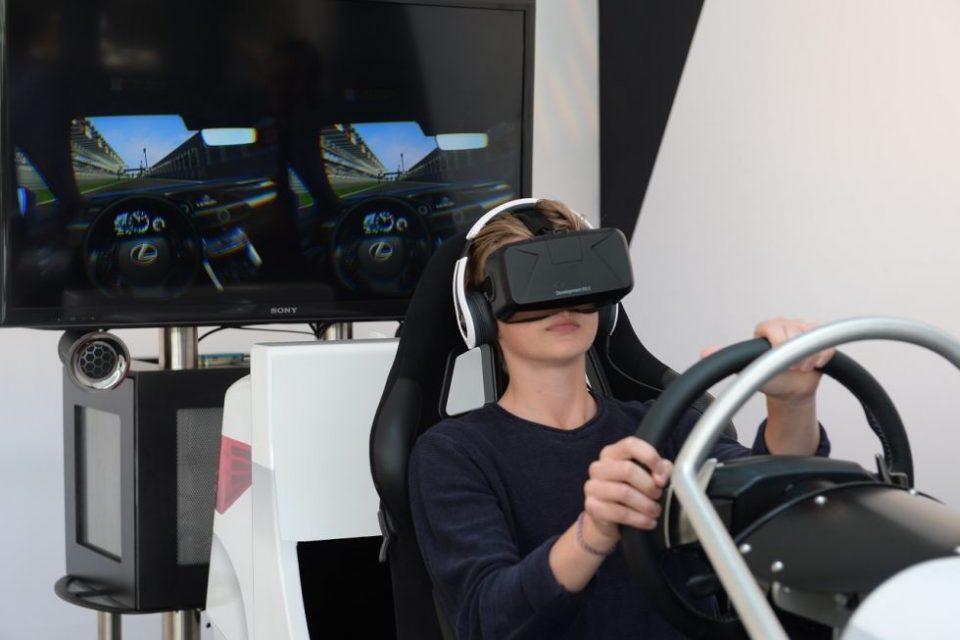
Driving schools employ virtual reality and augmented reality to reduce training time.
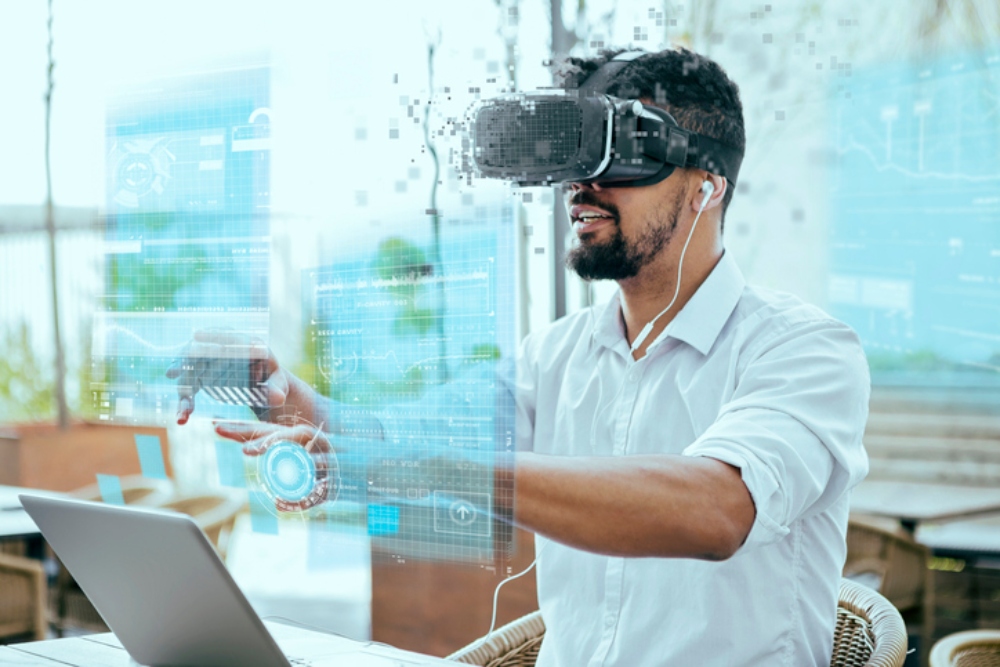
In an era where technological advancements are reshaping every facet of our lives, the modern workplace stands at the forefront of transformation.
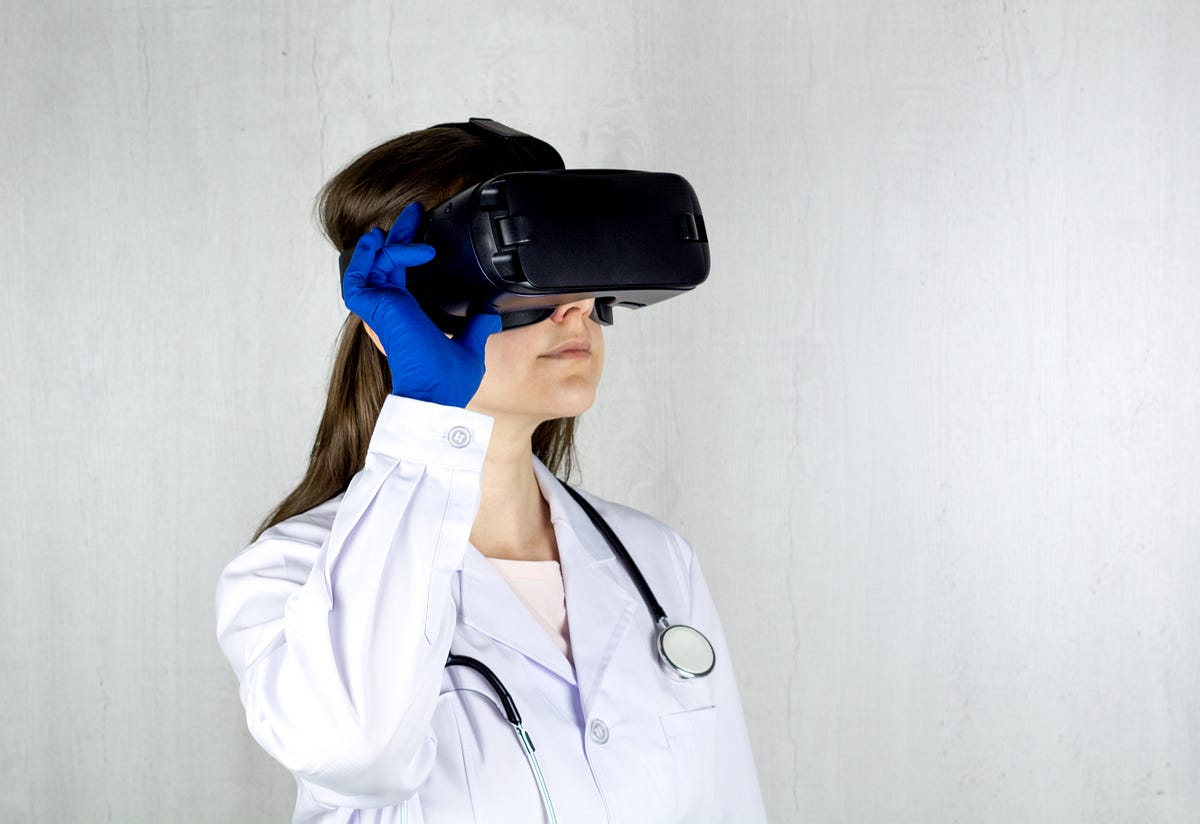
Virtual reality (VR) is revolutionizing industries across the board, from entertainment to healthcare.
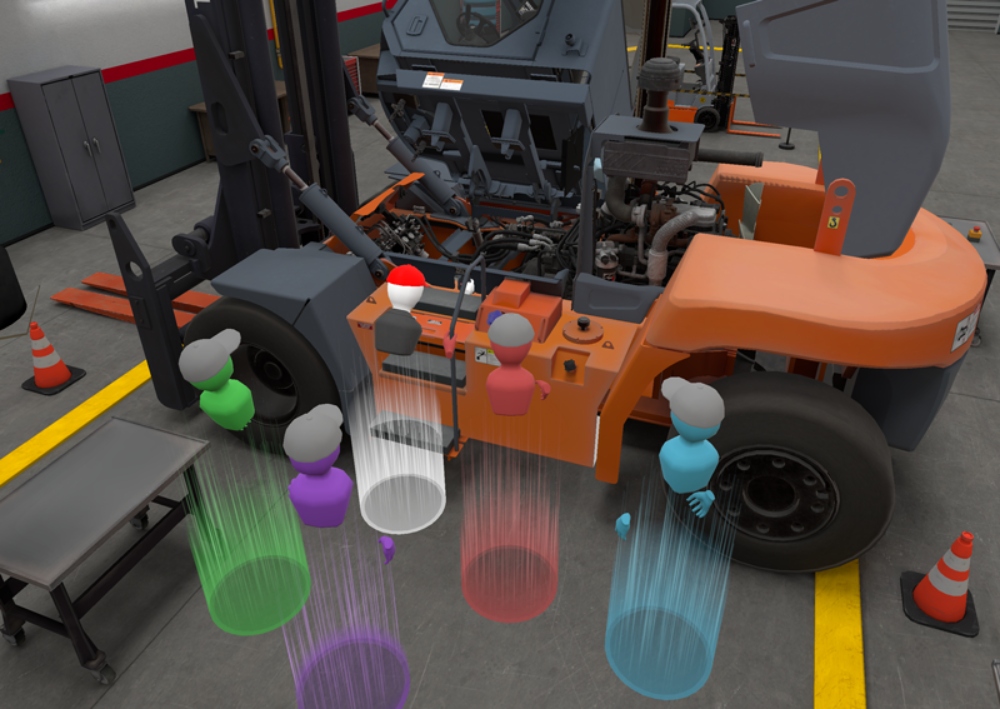
The use of virtual reality (VR) training is turning the impossible into a reality.
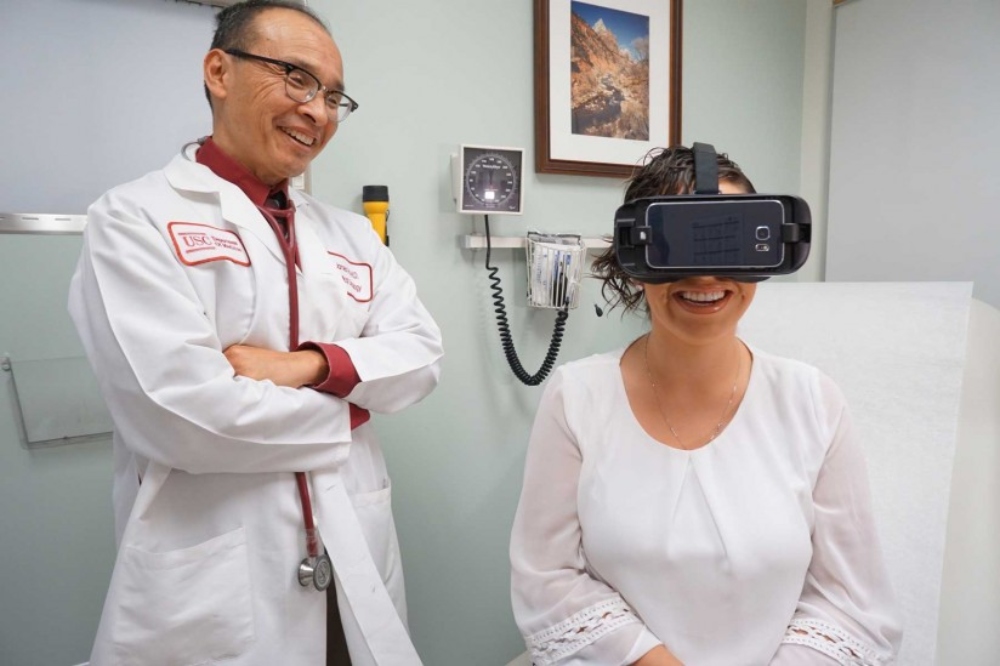
The world of healthcare is undergoing a revolutionary transformation, and virtual reality (VR) is at the forefront of this change.
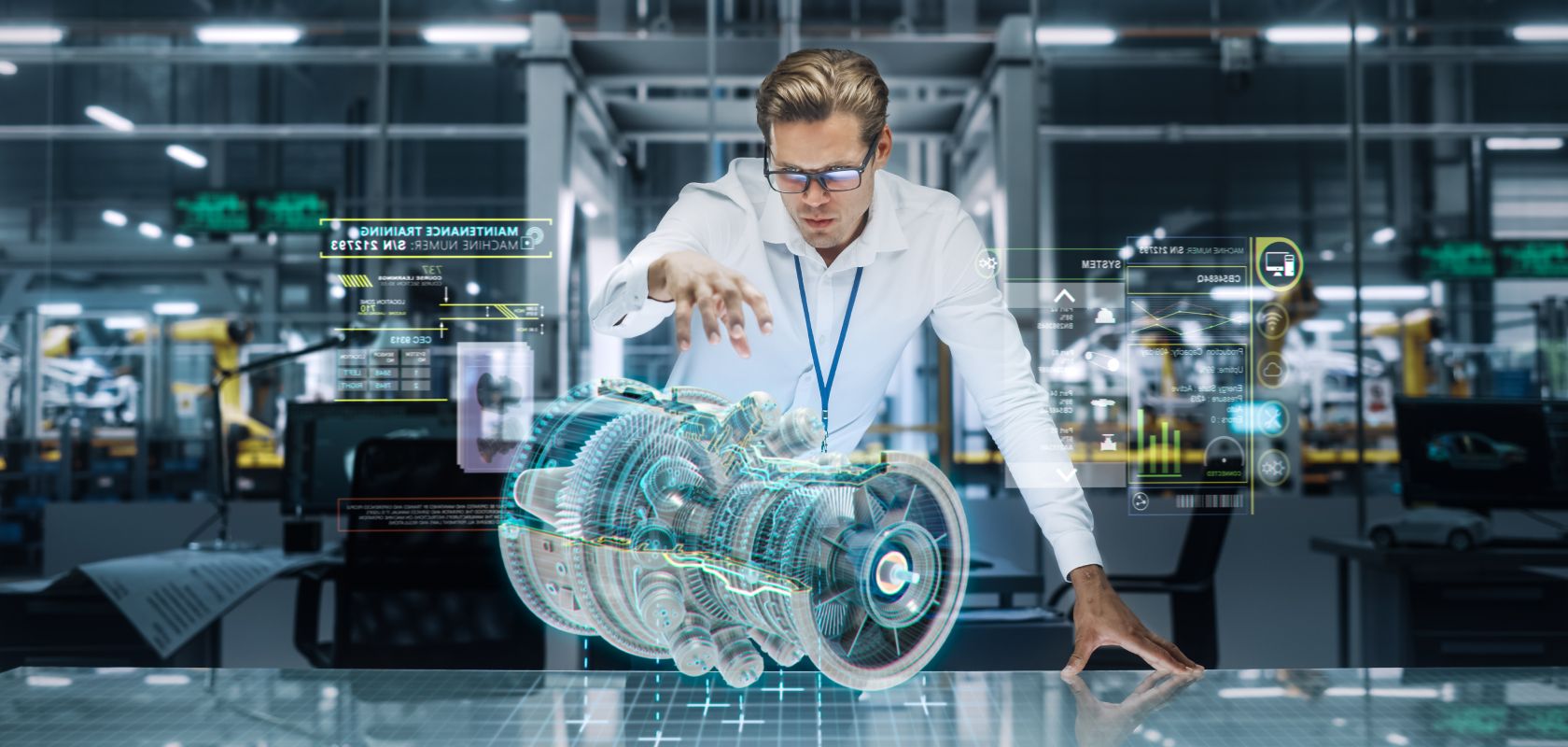
Virtual reality (VR) is providing better training to workers, facilitating collaboration, optimizing processes and improving safety standards.
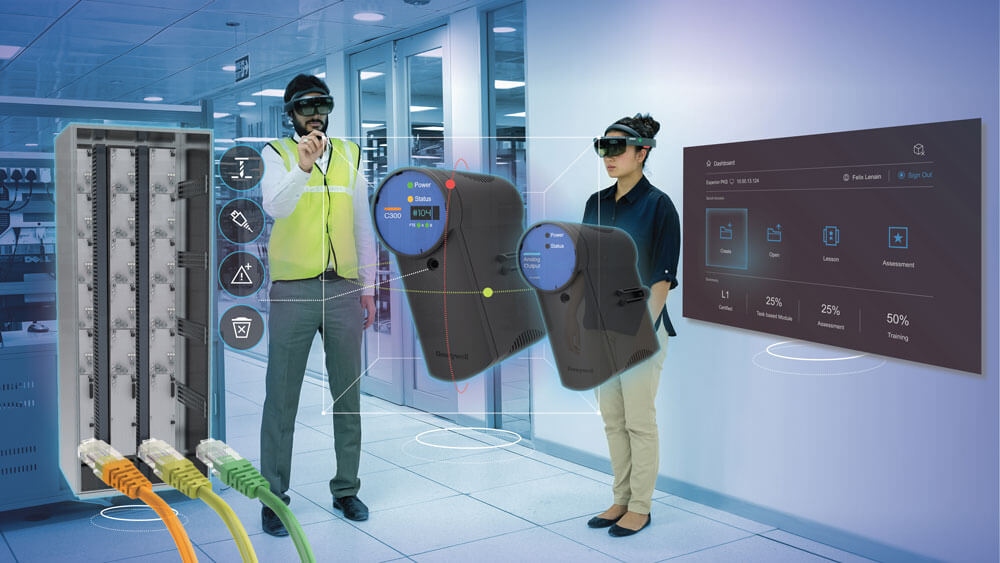
Virtual reality provides exciting opportunities in the industrial automation manufacturing industry.
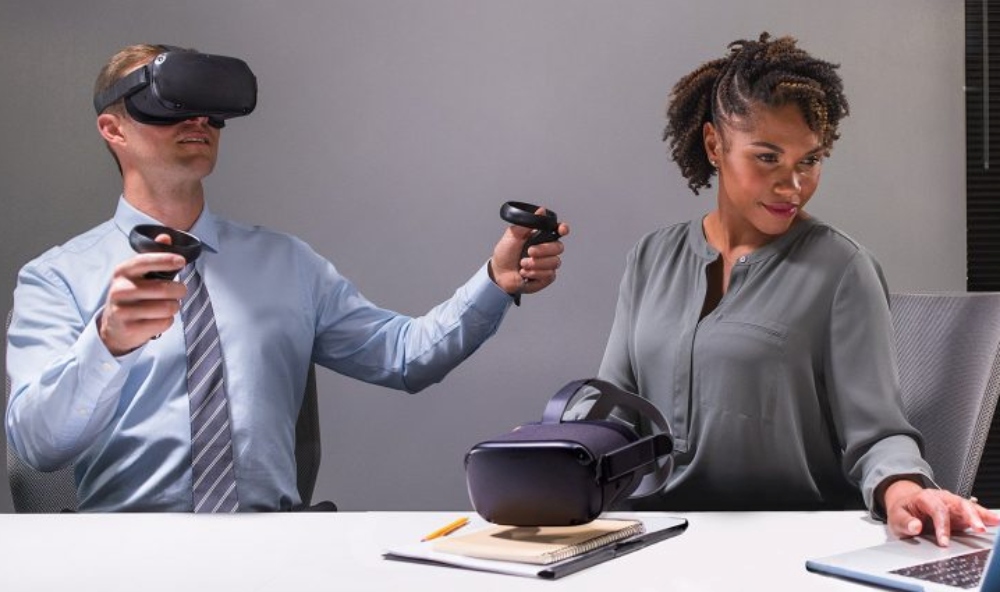
In today’s fast-paced business world, staying ahead of the competition requires continuous learning by leveraging VR immersive learning.
By visiting our website you agree that we are using cookies to ensure you to get the best experience.
We use cookies to ensure you to get the best experience on our website. If you decline the use of cookies, this website may not function as expected.
Tools used to analyze the data to measure the effectiveness of a website and to understand how it works.